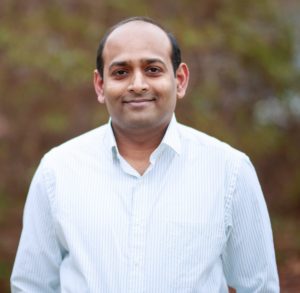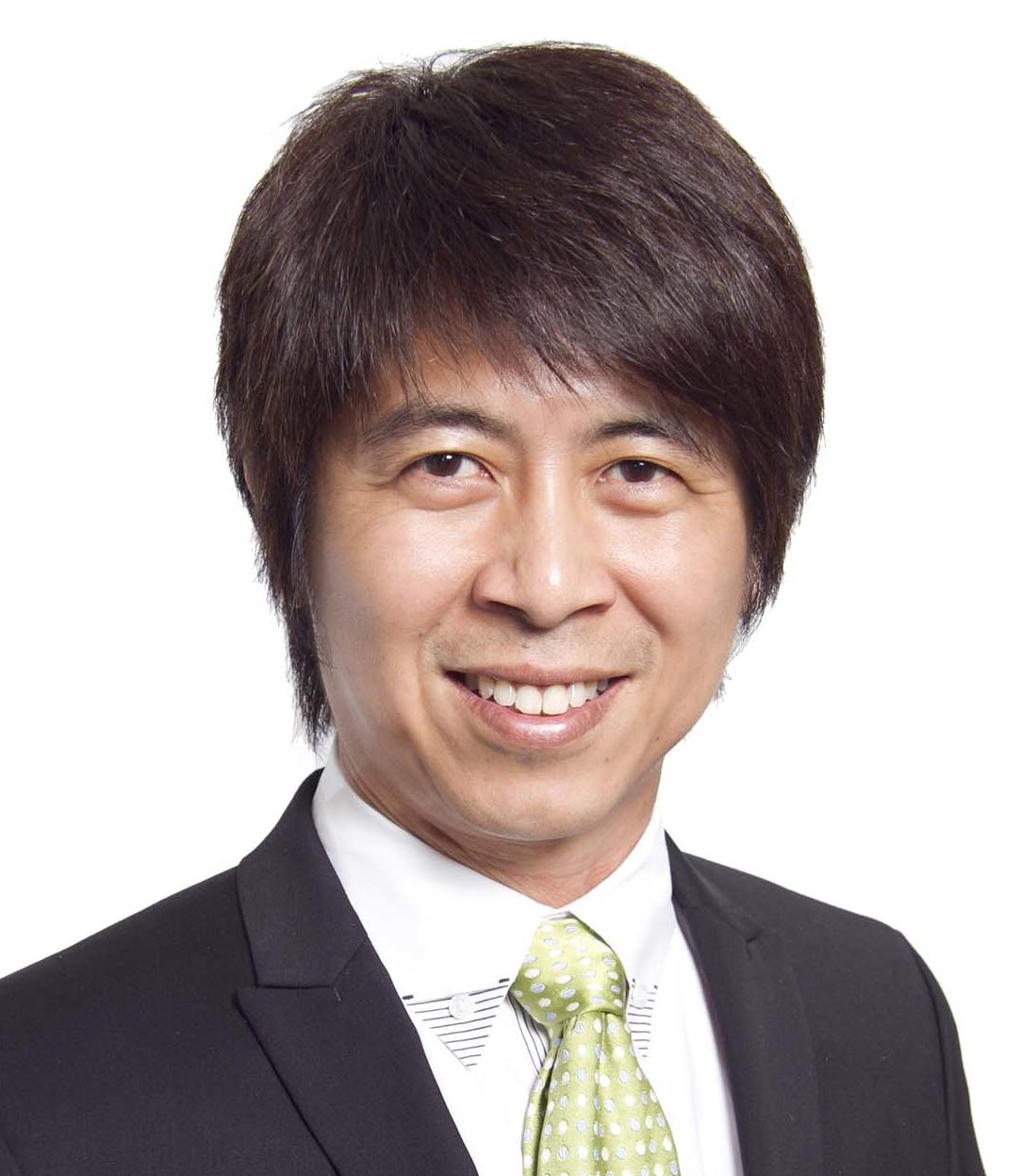FACE TO FACE: Mr. Prakash Govindan
Prakash Govindan is the co-founder and CTO of Gradiant Corporation. Under his technical leadership, Gradiant has developed a platform of proprietary products that target various problems in industrial water treatment. Prakash also leads all project acquisition and deployment activities in Asia, Middle East, and the South Pacific for Gradiant. Furthermore, Prakash is the leading contributor in establishing corporate offices and research and development facilities as well as leads all subsidiaries and business units in technical aspects. While atMIT, Prakash co-developed the Carrier Gas Extraction (CGE) system which became the flagship product and foundation for Gradiant. Prakash, a holder of more than 75 patents, also invented the company’s SCE system and CFRO technology. He has his PhD in Mechanical Engineering from MIT and Masters from IIT Madras.
Under his technical leadership, Gradiant has developed a platform of proprietary products that target various problems in industrial water treatment. Prakash also leads all project acquisition and deployment activities in Asia, Middle East, and the South Pacific for Gradiant. Furthermore, Prakash is the leading contributor in establishing corporate offices and research and development facilities as well as leads all subsidiaries and business units in technical aspects. While atMIT, Prakash co-developed the Carrier Gas Extraction (CGE) system which became the flagship product and foundation for Gradiant. Prakash, a holder of more than 75 patents, also invented the company’s SCE system and CFRO technology. He has his PhD in Mechanical Engineering from MIT and Masters from IIT Madras.
Could you share more about some of the Zero Liquid Discharge projects Gradiant Corp is doing?
Gradiant has multiple Zero Liquid Discharge (ZLD) projects across India, China, and the USA. These projects typically involve the conversion of highly contaminated industrial wastewater, (high salinity, suspended solids, organic content, volatiles etc) into high purity fresh water and other reusable streams at our ZLD plants.
By eliminating liquid disposal/discharge from these projects, our ZLD technology is able to significantly minimise the environmental footprint for our industrial clients.
We serve clients in the textiles and tanneries, dye stuff manufacturing, chemicals, and pharmaceuticals industries in India, with opportunities in the pipeline for the food and
Prakash Govindan is the co-founder and CTO of Gradiant Corporation. Under his technical leadership, Gradiant has developed a platform of proprietary products that target various problems in industrial water treatment. Prakash also leads all project acquisition and deployment activities in Asia, Middle East, and the South Pacific for Gradiant. Furthermore, Prakash is the leading contributor in establishing corporate offices and research and development facilities as well as leads all subsidiaries and business units in technical aspects. While at MIT, Prakash co-developed the Carrier Gas Extraction (CGE) system which became the flagship product and foundation for Gradiant. Prakash, a holder of more than 75 patents, also invented the company’s SCE system and CFRO technology. He has his PhD in Mechanical Engineering from MIT and Masters from IIT Madras. Prakash Govindan beverage and Oil & Gas industries as well. Our ZLD plants in China mainly serve power generation and flue-gas desulphurization production, coalto-chemical, and landfill leachate treatment. In USA, we own and operate over 20 wastewater recycling plants that have collectively saved over 50 million bbls of water for our customers in the past year.
What are the by-products of treating contaminated liquid waste water?
These by-products differ between markets, being dependent on the composition of the wastewater being treated. Through our processes, we typically see around 99.5% of the treated wastewater being converted into usable by-products, with the remaining 0.5% of solid waste being disposed of at appropriate landfills. Without Gradiant’s plants, 100% of the waste water would have to be disposed of in deepwells.
For the Indian market, the main product from our plants is high purity fresh water which can be reused by textile, pharmaceutical, and chemical companies in their operations. This eliminates the need for locally available water resources which can otherwise be utilised for domestic human consumption or other needs such as agriculture. Another by-product from our treatment processes in India is salt (Glauber Salt/Sodium Sulphate) which is often reused within the textile industry for dyeing related operations.
Another example is the oil and gas industry in the USA, where some of the main by-products are brine and fresh water – valuable oilfield fluids especially for the process of fracking.
How did you get into this industry?
Coming from India where the scarcity of fresh water affects a majority of the population and industries, my co-founder, Anurag Bajpayee, and myself always knew we wanted to make a difference in this field.
We met at Massachusetts Institute of Technology (MIT) where we were completing our PhD’s in mechanical engineering with a focus on industrial water treatment. There we invented water technologies designed to clean highly contaminated water at a fraction of the cost of current industry standards. These technologies paved the way for us into the water industry and later became our flagship product lines at Gradiant.
What are some of the barriers you face with getting businesses to adopt green waste management practices?
The greatest barrier to adoption has historically been the efficiency and cost of existing treatment technologies. To address this, we developed techniques at Gradiant which are more effective and relatively inexpensive in comparison, factors that have elevated the adoption rate of our solutions.
Moreover, a majority of industrial water treatment suppliers have yet to develop a business model that benefits their clients. In addition to the traditional capital sales model, Gradiant has implemented the use of capital effective Build Own Operate (BOO) and leasing models that reduce upfront costs, helping our clients move forward in dealing with their wastewater in a responsible manner.
In your opinion, are developing countries acceptive of these new ideas?
Absolutely. In fact, our experience has shown that it is perhaps easier to overcome barriers to adoption in emerging economies due to higher priorities typically being assigned to the idea of sustainable growth, especially if such initiatives ultimately help support an enterprise’s bottom-line (through the production of usable materials through wastewater recycling).
How can businesses overcome the high costs involved in adopting these green strategies?
We feel that this is a stereotype that has come about due to the general inefficiencies found in earlier water technologies, which is often also coupled with significant cost. As Gradiant’s technology and use of the Build-Own-Operate business model have proven, effective and responsible handling (including treatment) of wastewater streams does not have to be a costly affair.
About Gradiant Corporation
Gradiant Corporation and its subsidiaries deliver tailored solutions for industrial water users with the most complex water treatment challenges. With a robust product portfolio and technical expertise, Gradiant provides innovative water recycling and reuse solutions to enable responsible economic growth. Gradiant was founded out of MIT in Boston, Massachusetts with additional offices in Denver, Houston, Midland, Chennai, Shanghai, and Singapore. To learn more about Gradiant, please visit www.gradiant.com.






